January 25 stands as one of history’s most eventful days, witnessing the rise and fall of empires, groundbreaking discoveries, and moments that shaped our modern world across centuries of human achievement.
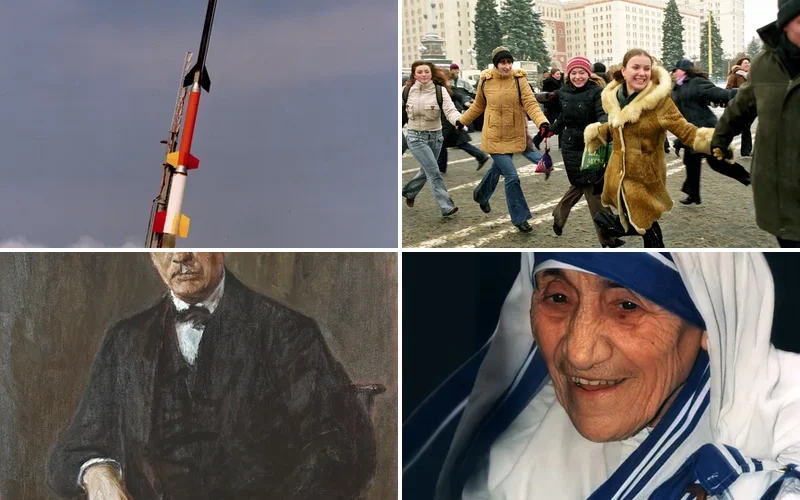
Politics and Government Events on January 25
1918 – Ukrainian People’s Republic Declares Independence from Soviet Russia
The Ukrainian People’s Republic made its bold declaration of independence from Soviet Russia on this pivotal date. National leaders formally severed ties with the Bolshevik government in Moscow.
Ukrainian politicians established their own governmental structures amid the chaos of the Russian Revolution. This declaration marked a crucial step toward Ukrainian national sovereignty and self-determination.
1971 – Idi Amin Seizes Power in Uganda
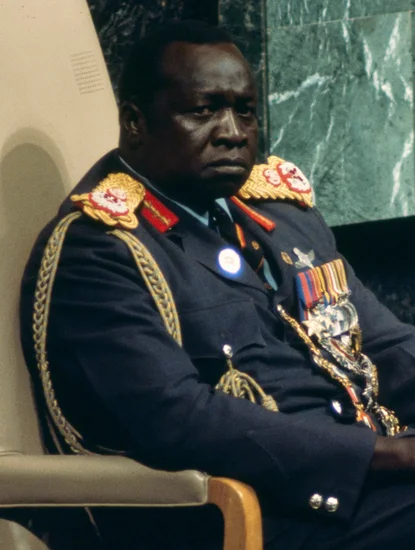
Idi Amin successfully led a military coup that toppled Milton Obote’s government in Uganda. The ambitious army officer consolidated power and declared himself the nation’s new president.
Amin’s takeover fundamentally altered Uganda’s political landscape for years to come. His regime would later become synonymous with brutal dictatorship and human rights violations.
1967 – South Vietnamese Political Crisis Escalates
South Vietnamese junta leader Nguyen Cao Ky fired his rival Deputy Prime Minister Nguyen Huu Co while the latter traveled overseas. The dismissal occurred during a sensitive diplomatic mission abroad.
This political maneuvering highlighted the internal power struggles within South Vietnam’s military leadership. The incident demonstrated the instability plaguing the government during the Vietnam War.
2011 – Egyptian Revolution Begins
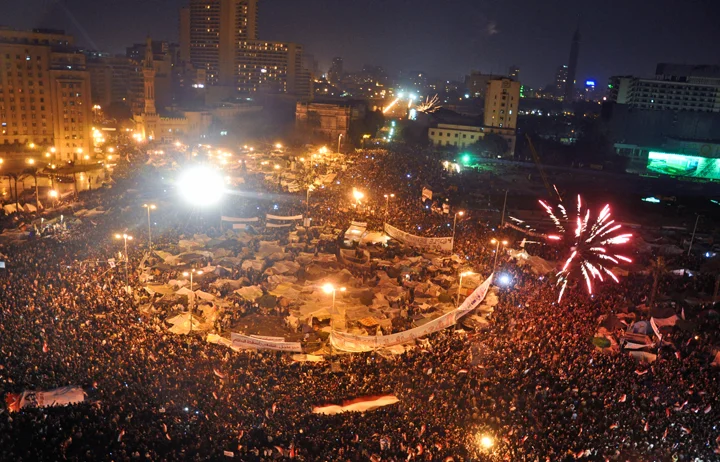
The first wave of the Egyptian revolution erupted throughout the country with massive demonstrations and civil disobedience. Citizens organized street protests, rallies, and labor strikes against the Mubarak regime.
Violent clashes between protesters and security forces marked the beginning of Egypt’s Arab Spring uprising. This popular movement would eventually topple President Hosni Mubarak’s three-decade rule.
1946 – United Nations Security Council Resolution 1 Adopted
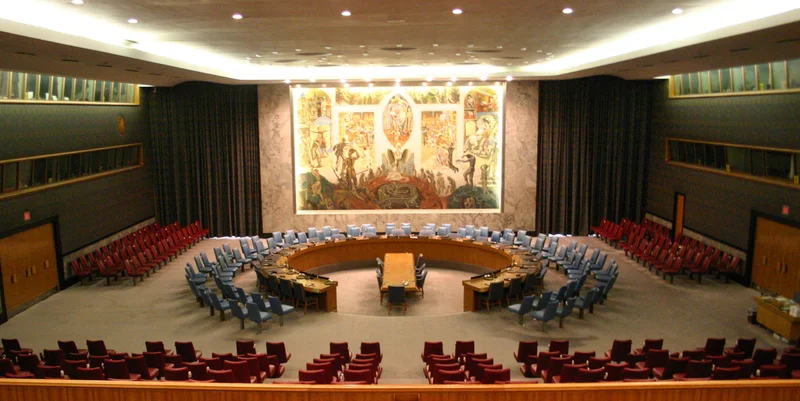
The United Nations Security Council adopted its first official resolution relating to the Military Staff Committee. This historic document established fundamental procedures for international peacekeeping operations.
The resolution demonstrated the UN’s commitment to maintaining global security through coordinated military cooperation. It laid the groundwork for future international interventions and peacekeeping missions.
Military and Naval History on January 25
1917 – SS Laurentic Sinks After Hitting German Mines
The SS Laurentic struck two German mines off the coast of northwest Ireland and sank rapidly. The vessel’s destruction highlighted the dangerous maritime warfare conditions during World War I.
This tragic incident demonstrated the effectiveness of German naval mining operations around British waters. The sinking contributed to mounting Allied shipping losses during the war’s critical phase.
1945 – Battle of the Bulge Concludes
World War II’s Battle of the Bulge officially ended after weeks of intense fighting in the Ardennes. German forces had launched their last major offensive on the Western Front.
Allied troops successfully repelled the German assault, marking a decisive turning point in the European theater. The battle’s conclusion paved the way for the final Allied push into Germany.
1942 – Thailand Declares War on United States and United Kingdom
Thailand formally declared war on the United States and United Kingdom during World War II. The Thai government aligned itself with the Japanese Empire’s expansionist goals.
This declaration brought Thailand into direct conflict with the Allied powers in the Pacific theater. The decision reflected Japan’s growing influence over Southeast Asian nations.
1932 – Chinese Forces Begin Defense of Harbin
The Chinese National Revolutionary Army initiated the defense of Harbin during the Second Sino-Japanese War. Chinese commanders organized resistance against advancing Japanese forces.
This military action represented China’s determined efforts to protect its northeastern territories from Japanese occupation. The defense of Harbin became part of China’s broader struggle against imperial expansion.
1918 – Finnish Defence Forces Established
The Finnish Defence Forces officially became the army of independent Finland with Baron C.G.E. Mannerheim as Commander-in-Chief. The White Guards transformed into a professional military organization.
This establishment marked Finland’s transition from Russian control to full military independence. Mannerheim’s leadership would prove crucial in Finland’s upcoming conflicts with Soviet forces.
Science and Discovery Milestones on January 25
1947 – First Electronic Game Patent Filed
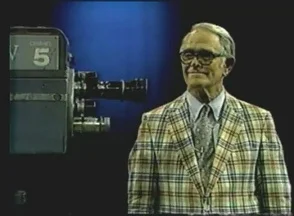
Thomas Goldsmith Jr. filed a patent for a “Cathode Ray Tube Amusement Device,” creating the first documented electronic game. His invention utilized cathode ray tube technology for interactive entertainment.
The patent application laid the foundation for the entire video game industry. Goldsmith’s innovation would inspire countless developers and revolutionize home entertainment decades later.
1994 – Clementine Spacecraft Launches

The Clementine spacecraft launched through a collaboration between BMDO and NASA for lunar exploration. The mission aimed to map the moon’s surface and search for water ice.
Scientists gathered unprecedented data about lunar composition and topography through this pioneering mission. Clementine’s discoveries advanced our understanding of the moon’s geological history and potential resources.
1995 – Norwegian Rocket Incident Nearly Triggers Nuclear War
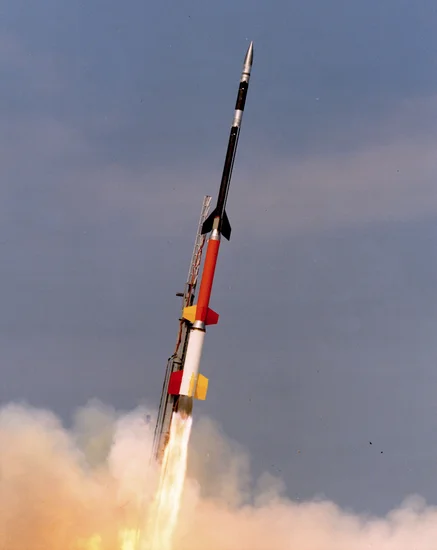
Russia nearly launched a nuclear attack after mistaking a Norwegian research rocket for a US Trident missile. The Black Brant XII rocket triggered Russian early warning systems.
This terrifying incident demonstrated the ongoing dangers of nuclear miscalculation during the post-Cold War era. Diplomatic communication prevented what could have been a catastrophic nuclear exchange.
1915 – First Transcontinental Telephone Service Inaugurated
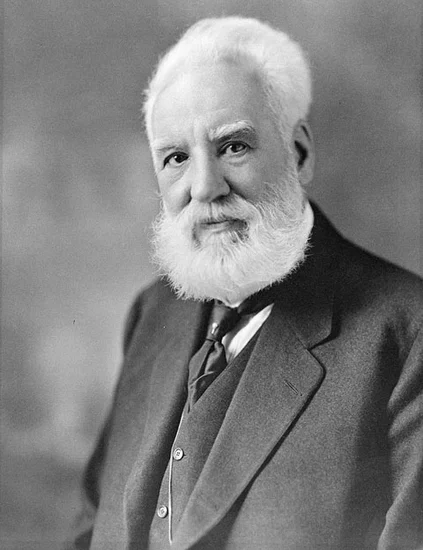
Alexander Graham Bell inaugurated the first U.S. transcontinental telephone service from New York to San Francisco. Bell spoke directly to Thomas Watson across the entire continental United States.
This technological breakthrough revolutionized long-distance communication and connected the American continent like never before. The achievement marked a pivotal moment in telecommunications history.
Cultural and Arts Events on January 25
1909 – Richard Strauss’s Elektra Debuts
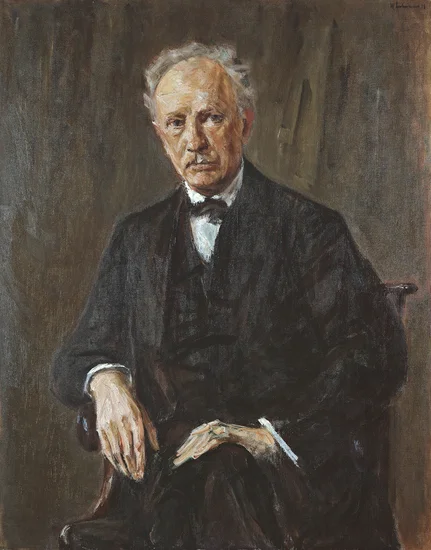
Richard Strauss’s groundbreaking opera Elektra received its world premiere at the Dresden State Opera. The production showcased Strauss’s innovative compositional techniques and dramatic intensity.
Audiences experienced a revolutionary work that pushed the boundaries of traditional opera. Elektra’s debut established Strauss as one of the most important composers of his generation.
1949 – First Emmy Awards Presented

The first Emmy Awards ceremony took place at the Hollywood Athletic Club in the United States. Television industry professionals gathered to recognize outstanding achievements in the medium.
This inaugural ceremony established a tradition that would celebrate television excellence for decades. The Emmy Awards became television’s most prestigious honor and cultural milestone.
1960 – Broadcasting Industry Responds to Payola Scandal
The National Association of Broadcasters threatened fines for disc jockeys who accepted money for playing specific records. This response addressed the widespread payola corruption in radio broadcasting.
The industry’s action aimed to restore public trust in radio programming integrity. These reforms fundamentally changed how record labels promoted their music to radio stations.
1998 – The Guiding Light Continues Historic Run

The Guiding Light continued its remarkable broadcast history, having debuted on NBC radio in 1952 and moved to CBS television. The show maintained its position as America’s longest-running soap opera.
This program’s longevity demonstrated the enduring appeal of serialized drama in American entertainment. The Guiding Light became a cultural institution spanning multiple generations of viewers.
Religious and Social Events on January 25
1941 – Hawaiian Islands Elevated to Diocese Status
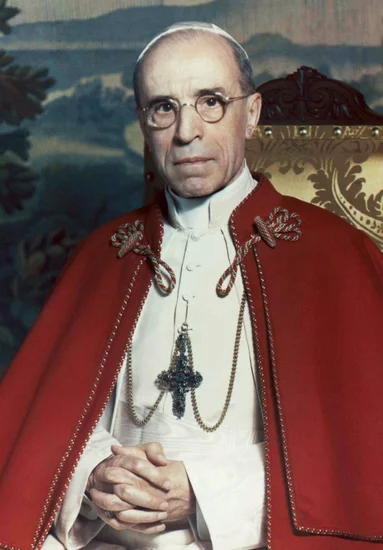
Pope Pius XII elevated the Apostolic Vicariate of the Hawaiian Islands to diocese status. The islands officially became the Roman Catholic Diocese of Honolulu.
This elevation recognized the growing Catholic population and spiritual needs of Hawaiian residents. The new diocese structure enhanced Catholic Church organization throughout the Pacific region.
1979 – Pope John Paul II Begins First Papal Visit Outside Italy
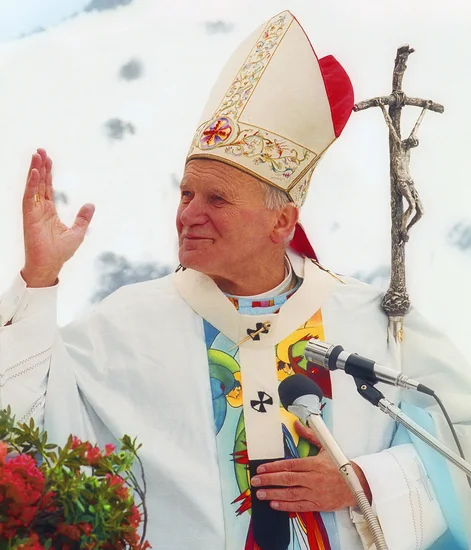
Pope John Paul II commenced his first official papal visits outside Italy, traveling to The Bahamas, Dominican Republic, and Mexico. The pope’s journey marked a new era of papal diplomacy.
These visits demonstrated John Paul II’s commitment to engaging with Catholics worldwide. His international travels would become a defining characteristic of his revolutionary papacy.
1998 – Pope John Paul II’s Historic Cuba Visit
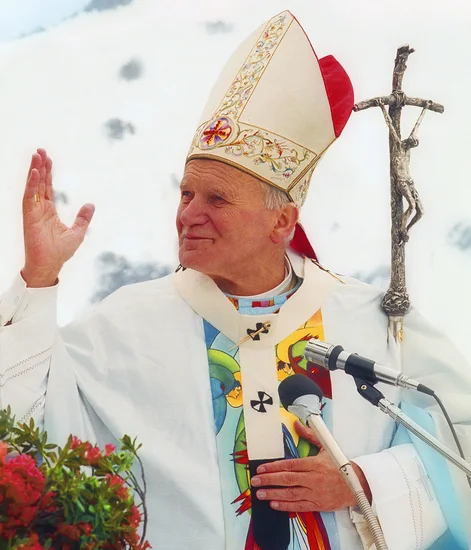
Pope John Paul II made a historic visit to Cuba, demanding political reforms and prisoner releases while condemning US isolation policies. The papal visit represented unprecedented diplomatic engagement.
This remarkable journey bridged decades of tension between the Catholic Church and Cuba’s communist government. The pope’s words carried significant weight in international relations.
1980 – Mother Teresa Receives India’s Highest Honor
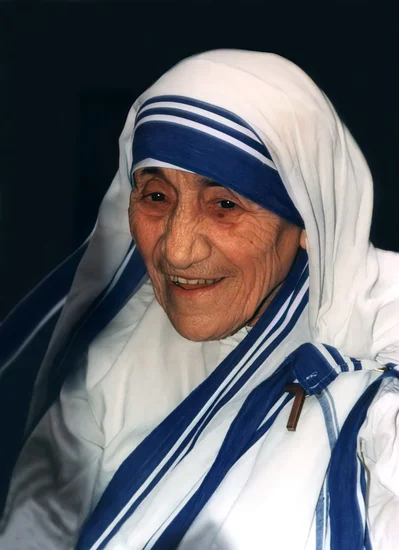
Mother Teresa received the Bharat Ratna, India’s highest civilian award, recognizing her extraordinary humanitarian work. The honor acknowledged her decades of service to Calcutta’s poorest residents.
This prestigious recognition celebrated Mother Teresa’s unwavering dedication to helping society’s most vulnerable members. Her work exemplified the highest ideals of humanitarian service.
Business and Economic Events on January 25
1964 – Blue Ribbon Sports Founded
Blue Ribbon Sports was founded by University of Oregon track and field athletes, later becoming the Nike corporation. The company started as a small athletic footwear distributor.
This modest beginning would eventually revolutionize the global athletic wear industry. Nike’s founders transformed their passion for running into one of the world’s most valuable brands.
1946 – United Mine Workers Rejoins AFL

The United Mine Workers rejoined the American Federation of Labor, strengthening organized labor’s collective bargaining power. This reunion consolidated worker representation in major industrial negotiations.
The merger enhanced labor’s ability to advocate for better working conditions and wages. This strategic alliance improved union coordination across multiple industries.
1996 – Billy Bailey’s Execution Marks Historical End
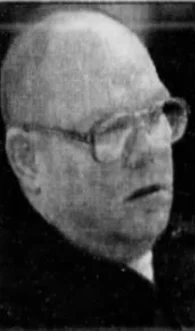
Billy Bailey became the last person executed by hanging in the United States. His execution marked the end of a capital punishment method dating back centuries.
This event represented a significant transition in American criminal justice practices. Most states had already adopted more modern execution methods by this time.
Transportation and Infrastructure on January 25
1999 – Colombian Earthquake Devastates Region
A magnitude 6.0 earthquake struck western Colombia, killing at least 1,000 people and causing widespread infrastructure damage. The disaster highlighted the region’s seismic vulnerability.
Rescue operations mobilized immediately to search for survivors in collapsed buildings. The earthquake’s impact demonstrated the need for improved building codes in earthquake-prone areas.
2006 – Ethiopian Airlines Flight 409 Crashes

Ethiopian Airlines Flight 409 crashed into the Mediterranean Sea off Lebanon’s coast, killing all 90 people aboard. The tragedy occurred shortly after takeoff from Beirut.
Investigators worked to determine the cause of this devastating aviation accident. The crash prompted renewed discussions about aviation safety protocols in the region.
2019 – Brazilian Dam Collapse Kills 270

A mining company’s dam collapsed in Brumadinho, Brazil, killing 270 people in one of the country’s worst industrial disasters. The collapse released millions of tons of toxic mining waste.
This catastrophe highlighted serious deficiencies in Brazil’s mining industry safety regulations. The disaster prompted nationwide reforms in dam monitoring and maintenance protocols.
Sports and Recreation on January 25
1924 – First Winter Olympics Opens in Chamonix
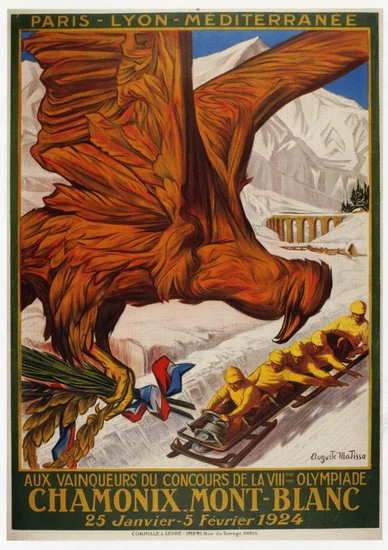
The inaugural Winter Olympic Games opened in Chamonix, France, establishing a new tradition of international winter sports competition. Athletes from 16 nations participated in the historic event.
This milestone created a permanent platform for celebrating winter athletic excellence. The Chamonix Games launched what would become one of the world’s most prestigious sporting events.
2006 – Mexican Wrestler Juana Barraza Arrested
Mexican professional wrestler Juana Barraza was arrested in connection with the serial killing of at least ten elderly women. The arrest shocked both the wrestling community and general public.
This case highlighted the darker side of crime investigations in Mexico City. Barraza’s arrest brought closure to families of the victims and ended a terrifying crime spree.
2015 – Mamasapano Clash in Philippines
A violent clash in Mamasapano, Maguindanao killed 44 Special Action Force members and 23 militants from various groups. The battle represented one of the deadliest encounters in recent Philippine history.
This tragic incident strained peace negotiations between the government and rebel organizations. The Mamasapano clash highlighted ongoing security challenges in the southern Philippines.
Notable Births on January 25
1917 – Ilya Prigogine, Russian-Belgian Chemist
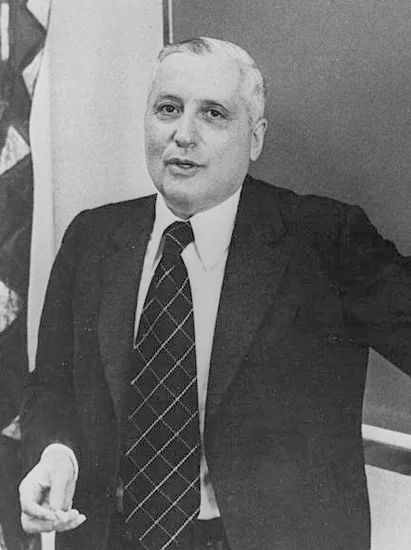
Ilya Prigogine entered the world destined to revolutionize our understanding of thermodynamics and complex systems. His early fascination with chemical processes shaped his groundbreaking scientific career.
Prigogine would later win the Nobel Prize for his work on dissipative structures and non-equilibrium thermodynamics. His theories fundamentally changed how scientists understand order and chaos in natural systems.
1933 – Corazon Aquino, Filipino Political Leader

Corazon Aquino was born into a world where she would later become the Philippines’ first female president. Her early life prepared her for the extraordinary challenges of leading a nation.
Aquino’s presidency marked the restoration of democracy after the Marcos dictatorship. Her leadership during the People Power Revolution inspired democratic movements worldwide.
1938 – Etta James, American Singer
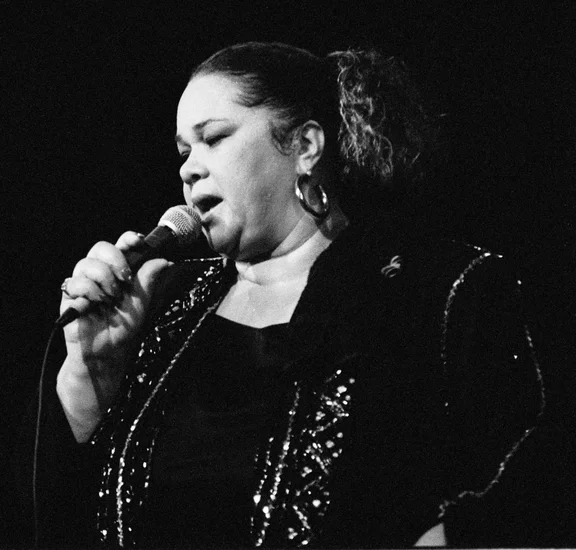
Etta James was born with a voice that would define rhythm and blues music for generations. Her powerful vocals and emotional depth set her apart from other performers.
James became one of the most influential singers in American music history. Her rendition of “At Last” became an eternal classic beloved by music fans worldwide.
1978 – Volodymyr Zelenskyy, Ukrainian President
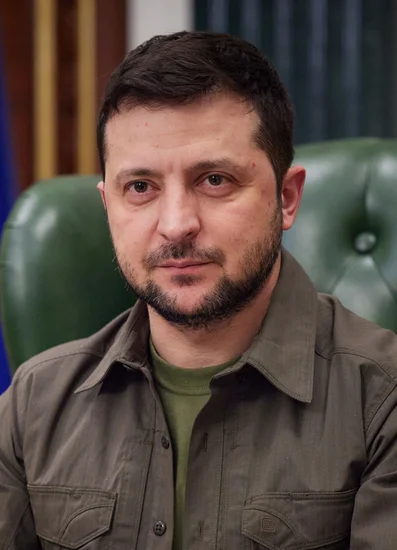
Volodymyr Zelenskyy was born in Ukraine, beginning a journey from entertainment to political leadership. His early career as a comedian and actor prepared him for public communication.
Zelenskyy’s presidency during wartime has made him a globally recognized leader. His courage and communication skills have inspired international support for Ukraine’s sovereignty.
1981 – Alicia Keys, American Singer-Songwriter

Alicia Keys was born with musical talent that would revolutionize contemporary R&B and soul music. Her classical piano training combined with urban influences created a unique sound.
Keys became one of the most successful recording artists of the 21st century. Her debut album “Songs in A Minor” established her as a major force in popular music.
1951 – Steve Prefontaine, American Runner

Steve Prefontaine was born to become one of America’s greatest distance runners. His competitive spirit and determination made him a legendary figure in track and field.
Prefontaine’s running philosophy emphasized pushing human limits and never giving up. His tragic death at age 24 cut short a career that inspired countless athletes.
1927 – Antônio Carlos Jobim, Brazilian Composer
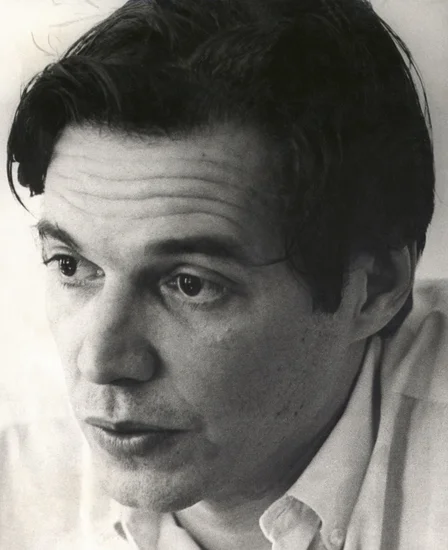
Antônio Carlos Jobim was born in Rio de Janeiro, destined to create the bossa nova musical style. His innovative compositions blended Brazilian rhythms with sophisticated jazz harmonies.
Jobim’s “The Girl from Ipanema” became one of the most recorded songs in history. His musical genius introduced Brazilian music to international audiences worldwide.
Notable Deaths on January 25
1947 – Al Capone, American Gangster
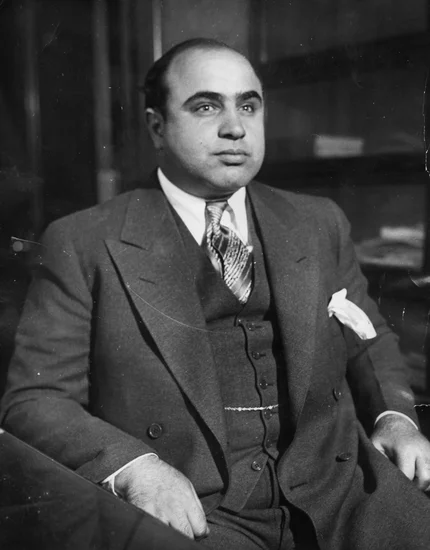
Al Capone died at his Florida estate, ending one of the most notorious criminal careers in American history. The former Chicago crime boss had been suffering from advanced syphilis.
Capone’s death marked the end of an era in organized crime. His life became the template for countless gangster movies and books about prohibition-era America.
1990 – Ava Gardner, American Actress

Ava Gardner passed away in London, concluding a legendary Hollywood career spanning four decades. The Academy Award-nominated actress had been battling emphysema and other health issues.
Gardner’s sultry beauty and acting talent made her one of cinema’s greatest stars. Her performances in films like “The Killers” and “Mogambo” cemented her place in movie history.
2005 – Philip Johnson, American Architect
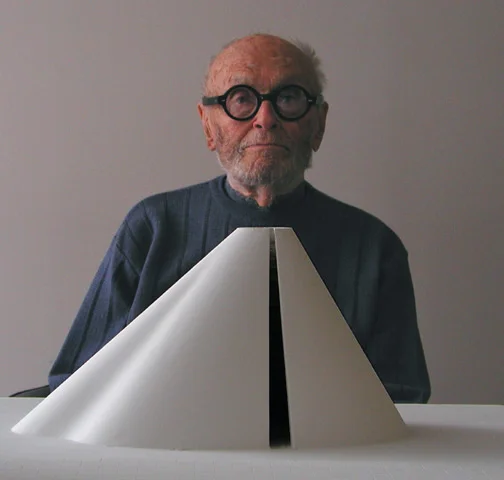
Philip Johnson died at his Connecticut home, leaving behind a revolutionary architectural legacy. The influential architect had designed iconic buildings including the PPG Place and Crystal Cathedral.
Johnson’s glass house in New Canaan became a pilgrimage site for architecture enthusiasts. His modernist designs fundamentally changed American architectural landscape and theory.
2017 – Mary Tyler Moore, American Actress

Mary Tyler Moore passed away from cardiopulmonary arrest, ending a career that redefined women’s roles on television. Her groundbreaking performances challenged traditional gender stereotypes in entertainment.
Moore’s portrayal of independent career women inspired generations of female viewers. Her shows “The Dick Van Dyke Show” and “The Mary Tyler Moore Show” became television classics.
2017 – John Hurt, English Actor
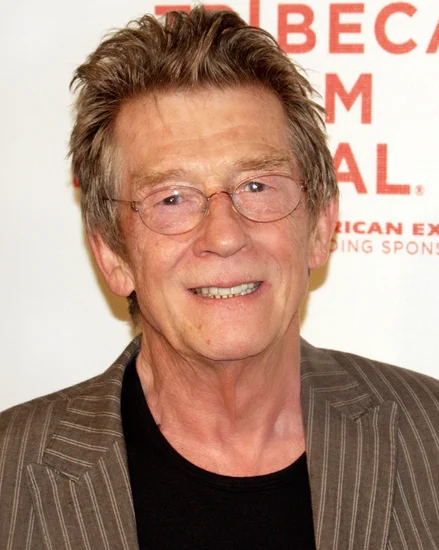
John Hurt died from pancreatic cancer, concluding one of Britain’s most distinguished acting careers. His memorable performances spanned six decades of film and television.
Hurt’s roles in “The Elephant Man” and “A Man for All Seasons” showcased his extraordinary range. His distinctive voice and intense performances made him one of England’s finest actors.
1996 – Jonathan Larson, American Composer
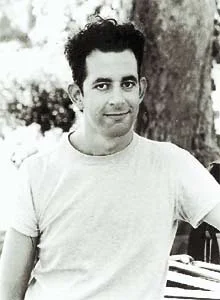
Jonathan Larson died suddenly of an aortic aneurysm just before his musical “Rent” opened on Broadway. The young composer was only 35 years old when he passed away.
Larson’s death came at the moment of his greatest triumph. “Rent” would go on to win the Pulitzer Prize for Drama and revolutionize American musical theater.
1999 – Robert Shaw, American Conductor
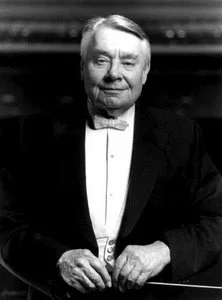
Robert Shaw died from a stroke while vacationing in New Haven, Connecticut. The legendary choral conductor had revolutionized American choral music performance and education.
Shaw’s Atlanta Symphony Orchestra and Chorus recordings won multiple Grammy Awards. His innovative rehearsal techniques and musical interpretations influenced conductors worldwide.
Holidays and Observances on January 25
Burns Night – Scotland’s National Celebration

Burns Night honors Scotland’s national poet Robert Burns with traditional celebrations worldwide. Scottish communities gather for ceremonial dinners featuring haggis, poetry, and traditional music.
The celebration includes the famous “Address to a Haggis” and recitations of Burns’ beloved poems. This cultural tradition strengthens Scottish identity and heritage across global diaspora communities.
National Voters’ Day – India’s Democratic Celebration
National Voters’ Day in India celebrates the country’s democratic principles and encourages electoral participation. The observance promotes awareness about voting rights and civic responsibilities.
Educational programs and voter registration drives mark this important civic holiday. India’s democracy depends on informed citizen participation in the electoral process.
Feast of the Conversion of Saint Paul
The Feast of the Conversion of Saint Paul concludes the Week of Prayer for Christian Unity across multiple denominations. Christians worldwide celebrate Paul’s transformation from persecutor to apostle.
This feast day holds special significance for Christian ecumenical movements. The celebration emphasizes themes of redemption, transformation, and unity among different Christian churches.
Tatiana Day – Russian Students’ Celebration
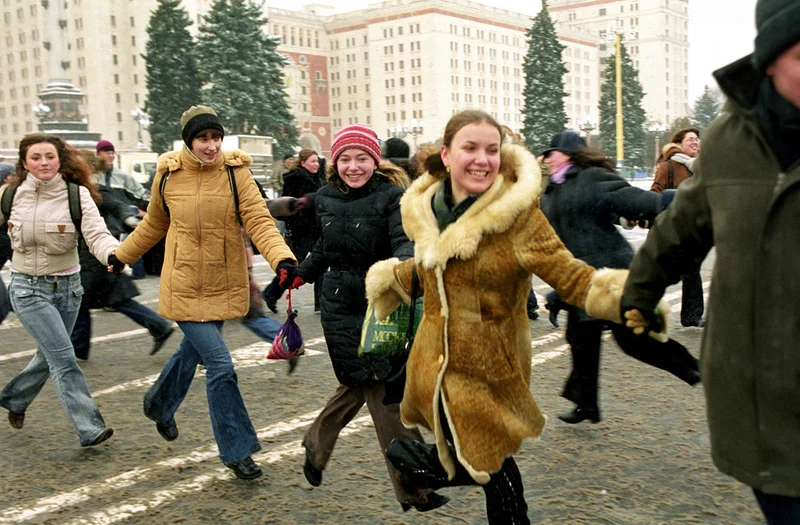
Tatiana Day serves as Russian Students Day, celebrating education and academic achievement throughout Russia. Universities and schools organize special events honoring students and educational excellence.
This Eastern Orthodox celebration combines religious observance with academic recognition. The holiday strengthens cultural connections between education and spiritual development in Russian society.
